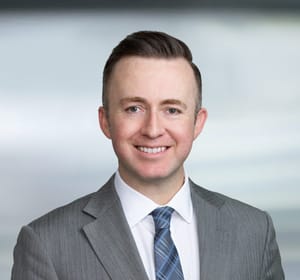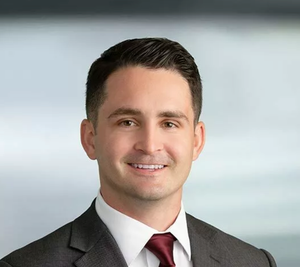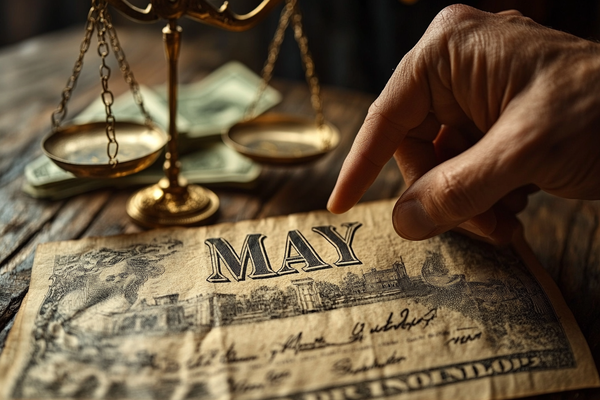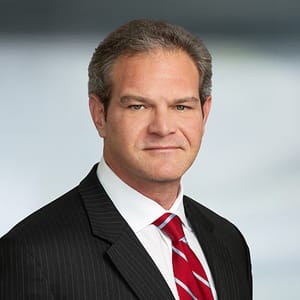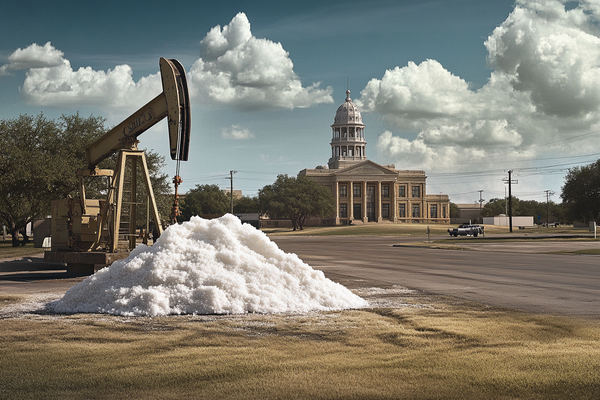In Apollo Exploration, LLC v. Apache Corporation, No. 11-19-00183-CV, 2025 WL 714720 (Tex. App.—Eastland Mar. 6, 2025, no pet. h.), the Eastland Court of Appeals addressed a critical issue in complex oil and gas litigation: what happens when a party's damages expert relies on contractual interpretations the trial court rejects, but then the party declines opportunities to have their expert update their calculations in response. This decision illustrates how procedural decisions regarding expert supplementation and disclosures can determine the outcome of substantial damage claims.
The High-Stakes Transaction That Started It All
This case arose from a significant oil and gas transaction in the Texas Panhandle. Apollo Exploration and its affiliates, along with Gunn Oil Company, owned 98% of the working interests in 109 oil and gas leases covering over 120,000 acres. In March 2011, they sold 75% of their combined interests to Apache Corporation through separate purchase and sale agreements (PSAs).
The transaction included important protections for the sellers. If Apache's annual drilling plans would allow any leases to expire, Apache had to offer those interests back to the sellers before allowing termination. Apache Corp. v. Apollo Expl., LLC, 670 S.W.3d 319, 322 (Tex. 2023). The precise timing of this re-assignment obligation became central to the dispute. Previously, in 2023, the Texas Supreme Court held that Apache should have made its re-assignment offer in 2014, not in 2015. Apollo alleged that, because oil prices dramatically declined between 2014 and 2015, the impact on damage calculations would potentially reach $180M. After the Supreme Court resolved that interpretation issue, it remanded back to the court of appeals to determine whether the trial court properly excluded Apollo’s damages expert and whether it properly granted summary judgment on damages. Apollo, 2025 WL 714720, at *1.
When Expert Testimony Crumbles Under Scrutiny
Apollo's damages evidence depended primarily on calculations by their designated expert. However, the expert's analysis contained two significant errors. First, his calculations relied on a 2015 re-assignment date, but that was erroneous given that the courts ended up holding that re-assignment was due in 2014.
Second, the expert's calculations included damages attributable to Gunn Oil Company, Apollo's former partner who was not a party to the lawsuit. Apollo had no legal right to recover damages on behalf of Gunn, yet the expert's model combined both parties' claimed losses.
When Apache moved to exclude this expert testimony, the trial court provided Apollo with opportunities to supplement the expert’s opinions to provide corrected calculations.
Despite the court's invitation, Apollo chose not to have its expert provide supplemental or revised calculations. The company decided to rely on the original damage opinions and calculations that included the former Gunn interest and used the disputed dates.
The appellate court found this decision dispositive. The court pointed to Texas Rule of Civil Procedure 193.6, and reasoned that failure to supplement expert opinions after being directed to do so results in automatic exclusion unless the party demonstrates good cause or lack of unfair surprise. In the court’s view, Apollo could not establish either exception. Because the expert's entire damage model incorporated Gunn's interests, the court said that rendered the entire methodology unreliable and no portion of the opinions could be segregated and admitted.
The Scramble for Alternative Damage Theories
Without their expert, Apollo attempted several alternative approaches to establish damages. First, they sought to rely on Apache's own designated experts. Apollo identified reports from Apache's experts discussing per-acre values for the properties at issue.
The court rejected this approach on procedural and substantive grounds. Procedurally, Apollo had never designated Apache's experts as witnesses Apollo intended to use, and the court said "the rules of designation and disclosure do not excuse [Apollo] from compliance...simply because Apache previously designated its experts in a timely manner." In the court’s view, a party must make proper expert designations to rely on that testimony regardless of which party initially identified the expert.
Substantively, the court said Apache's experts' opinions would not have established Apollo's damages even if properly designated. The court viewed Apache’s experts as providing only theoretical valuations that would require adjustments, and held that expert testimony would be required to calculate those adjustments. Without a properly designated expert to perform those adjustments calculations, Apollo could not rely on Apache’s unconverted valuation figures.
The court also rejected Apollo’s attempt to establish damages through Apache's internal documents and investor presentations showing property values.
The court held that in specialized fields like oil and gas valuation, technical documents showing values or projections require expert testimony to explain their significance and translate them into legally recoverable damages. The court explained that "the necessary methodology and basis to support an expert's opinion in this field must be presented."
Finally, Apollo attempted to invoke the "Property Owner Rule" to establish its alleged damages without expert testimony. The “Property Owner Rule” indeed permits property owners to testify about their property's value without qualifying as experts in certain scenarios. However, the court rejected that argument, holding that this rule "does not extend to areas that are of a technical or specialized nature." The court said that mineral interest valuation constitutes "a highly technical endeavor" involving complex variables and requiring specialized expertise beyond the scope of lay testimony. As a result, the court ruled that mineral valuations cannot be established by lay testimony.
Strategic Lessons for Oil and Gas Practitioners
This case provides several important lessons for commercial litigators. First, when courts identify correctable errors in expert testimony and provide opportunities to cure them, parties should carefully consider accepting that opportunity. The decision to proceed without supplementation or correction can result in unusable expert opinions that can eliminate the ability to prove damages entirely in some cases.
Second, the case serves as a warning that parties may not be able to rely on their opponent's experts without proper designation, regardless of who initially identified the expert. In this case, that rule applied even though the opponent's own expert opinions allegedly supported some of the party's damage theory.
Third, technical documents in specialized fields may require expert interpretation to establish damages. In industries like oil and gas, where valuations often involve complex methodologies and technical assumptions, documents alone may not suffice to prove (or disprove) damages.
Fourth, the property owner rule has clear boundaries. While useful in less specialized and technical cases, several courts have recently repeated the holding that oil and gas valuations are highly technical and require specialized knowledge and methodologies, and therefore usually cannot qualify under the Property Owner Rule.
For oil and gas practitioners specifically, this case underscores the critical importance of properly designated and qualified experts. When an expert’s foundation shows cracks or requires corrections or supplementation, the prudent course is to repair those cracks when given the opportunity. The alternative, as this case demonstrates, risks losing the ability to recover any damages at all.

